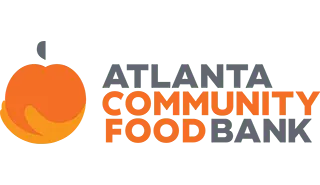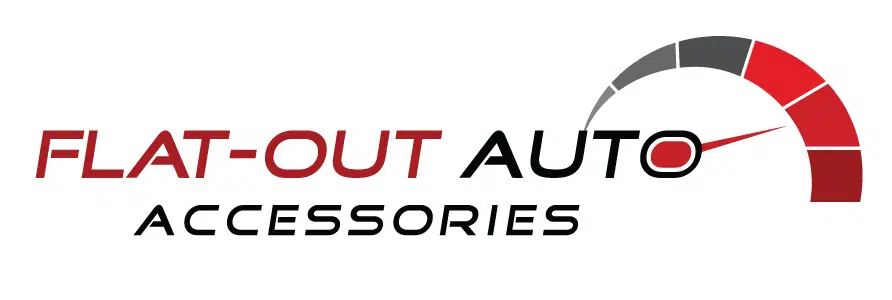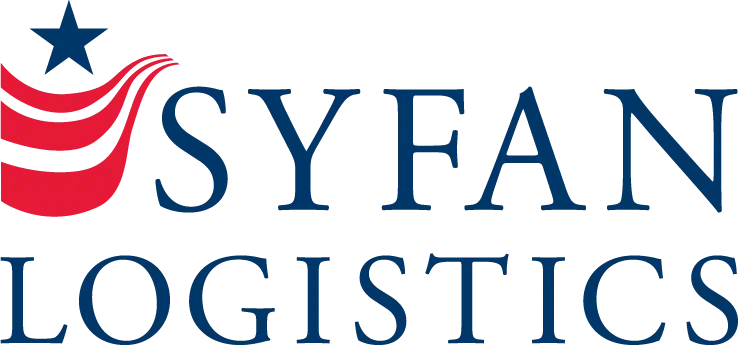Alvin Bagwell has seen the same situation played out hundreds of times over the last month.
Bagwell, director of Good Samaritan Food Ministry, has continued to distribute food to families who need it throughout the COVID-19 pandemic, and that need has become more and more dire with every passing week. As unemployment numbers soar, men and women who had previously been capable of providing for their families are turning to charity.
“It’s really tough for people who are out of work to have to come down to a food bank and get food,” Bagwell said. “When you’ve been able to supply for your family and take care of your family, it’s hard for those guys. They have to eat some pride to come down and stand in line for food. But when your kids are hungry and your family is in need, you’re going to do what you need to do.”


Hunger in Georgia has spiked in the last month, according to data provided by the Division of Family & Children Services. DFCS received 72,755 applications for Supplemental Nutrition Assistance Program benefits, or food stamps, in the first two weeks of April alone, more than the 70,080 applications received in all of February and March combined.
To meet the increased need, DFCS has submitted “several waiver requests” to the federal government, allowing the department to streamline the approval of new applications. Additionally, all SNAP participants up for renewal in April and May have had those renewal periods extended and will receive SNAP benefits for the next six months regardless of their renewal status, according to an email from DFCS senior director of communications Patrice Meadows.
Meadows also said able-bodied adults without dependents, who typically would have to enroll in training or begin work activity to continue receiving SNAP benefits, will not have work requirements for April or May.


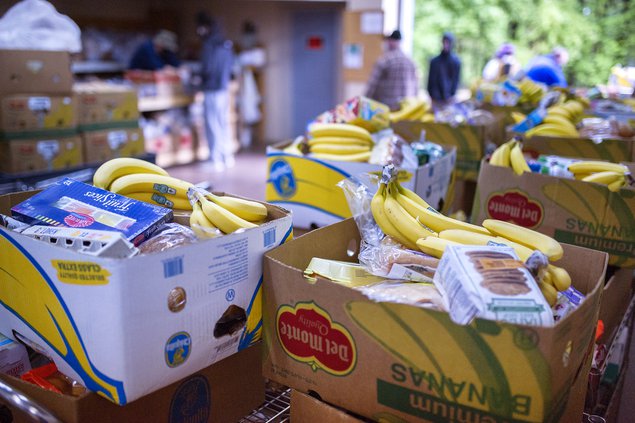

The relaxed SNAP requirements may help, but there’s still a need for community involvement at a more local level, according to Angelica Tabor-Fells, Level Up Haircuts for Men co-owner and founder of Level Up Movement.
Tabor-Fells has organized events that have fed nearly 6,000 families over the last month. She said that local efforts that organizations like Level Up Movement and Good Samaritan Food Ministry have provided are crucial to keeping the community afloat at this time.
“The need for food providers has increased drastically,” she said. “Families are eagerly awaiting a solution to help offset the need for that food, and food banks are running out of food. Resources are becoming limited, and the ability to distribute the food into our community is becoming a very scary task.”
Distribution has been a logistical difficulty for all food providers.
Good Samaritan Food Ministry has started pre-boxing packages of food to get people in and out of the building in a quick and orderly manner. The extra work has taken a toll on the organization’s volunteer workers, particularly as some have stopped coming in for fear of contracting the virus. Still, stopping operations has never been an option, according to Bagwell.
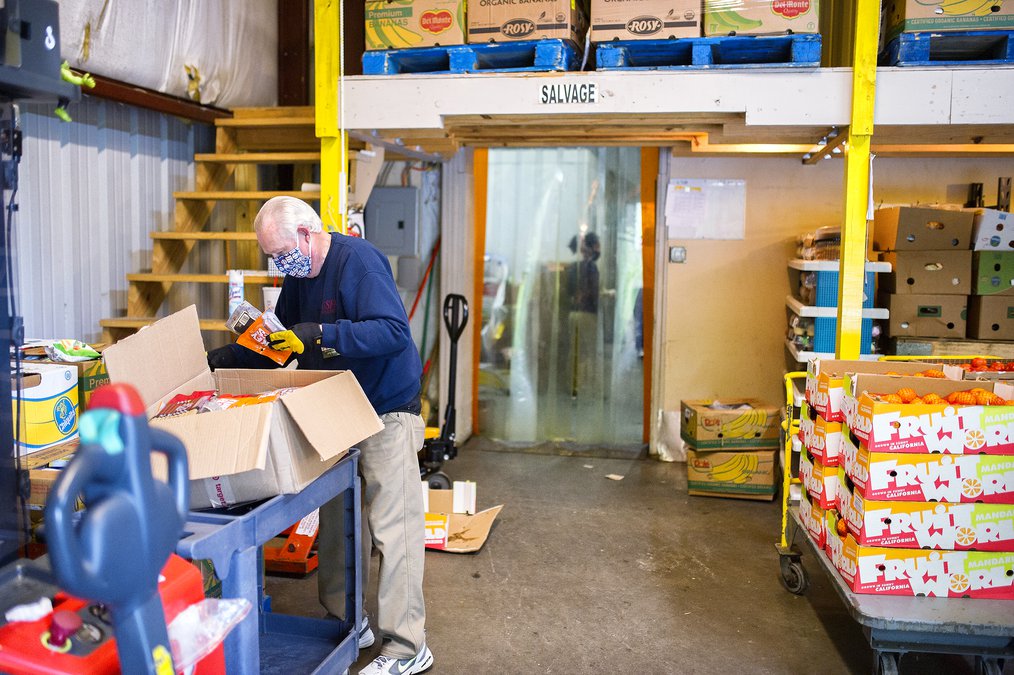



“Most of my volunteers are in their 50s and up, so there’s some risk there,” he said. “I’ve had some people that stepped away, but I’ve got a good team of people that are here, and we haven’t missed a lick. We continue to give out food to people and continue to assist them in any way that we can.”
Food pantries like Good Samaritan Food Ministry are heavily dependent on food banks for donations, and keeping up that supply is becoming more and more difficult, according to Georgia Mountain Food Bank director Kay Blackstock.
Blackstock said Georgia Mountain Food Bank is partnered with 74 organizations that give away food regularly, with most reporting to her that they’ve seen a 35% to 40% increase in need since the beginning of the COVID-19 pandemic. Meanwhile, the food bank, which gets about three quarters of its food from retail donations, has seen those donations cut in half.The decrease has taken its toll on food providers around the area.
“Everybody is important,” Blackstock said. “When there’s one break in the chain, you have to evolve and make changes to make up the difference. When there’s a disruption, it has a trickle down.”
Georgia Mountain Food Bank has also participated in food giveaway events of its own, most recently partnering with the Georgia Department of Public Health on Friday to give away meals to needy families during a DPH COVID-19 testing event.
Still, Blackstock said the Georgia Mountain Food Bank cannot solve the local hunger problem entirely on its own.
“We couldn’t do this work without those frontline food pantries,” she said. “In our community, these frontline agencies make it possible.”
Schools have also played a part in helping with the hunger crisis, as both Hall County and Gainesville school systems have continued to deliver lunches to families dependent on them.
Penny Fowler, Gainesville director of school nutrition, wrote via email that the school district has continued to produce meals at four different sites and reaches around 11,000 students a week. The transportation department has dealt with distribution, covering 24 different bus routes.
“Working and preparing meals on a daily basis, we have been able to see within the community that there is a need,” Fowler said. “Families are very dependent on receiving the meals each week. They know these meals are consistent and they can depend on us being there.”
It’s a need that Hall County director of school nutrition Cheryl Jones said has become greater as the COVID-19 situation has progressed. On the first day of online schooling on March 16, Hall County schools delivered lunches to around 6,000 students via bus routes. That number has since increased to over 11,000 students per day receiving meals.
“Food insecurity is real in our community, in our state and across the entire country,” Jones said. “As unemployment numbers increase, the need for food services increases.”
Jones and Fowler both said school lunches will continue to be delivered in June, and are currently in the planning stages of what that will look like.
All local food providers are in agreement that while the need for food has been exacerbated by the COVID-19 pandemic, it is not a new problem for the community.
Despite the many local efforts to keep food on every family’s table, hunger is a very real concern for thousands around the area, even in the best of times. COVID-19-related unemployment has simply exacerbated it.
“Most people don’t realize that this need has always been here,” Bagwell said. “It’s ramped up a bit because people are out of work, but the need is always going to be here. It just is.”

